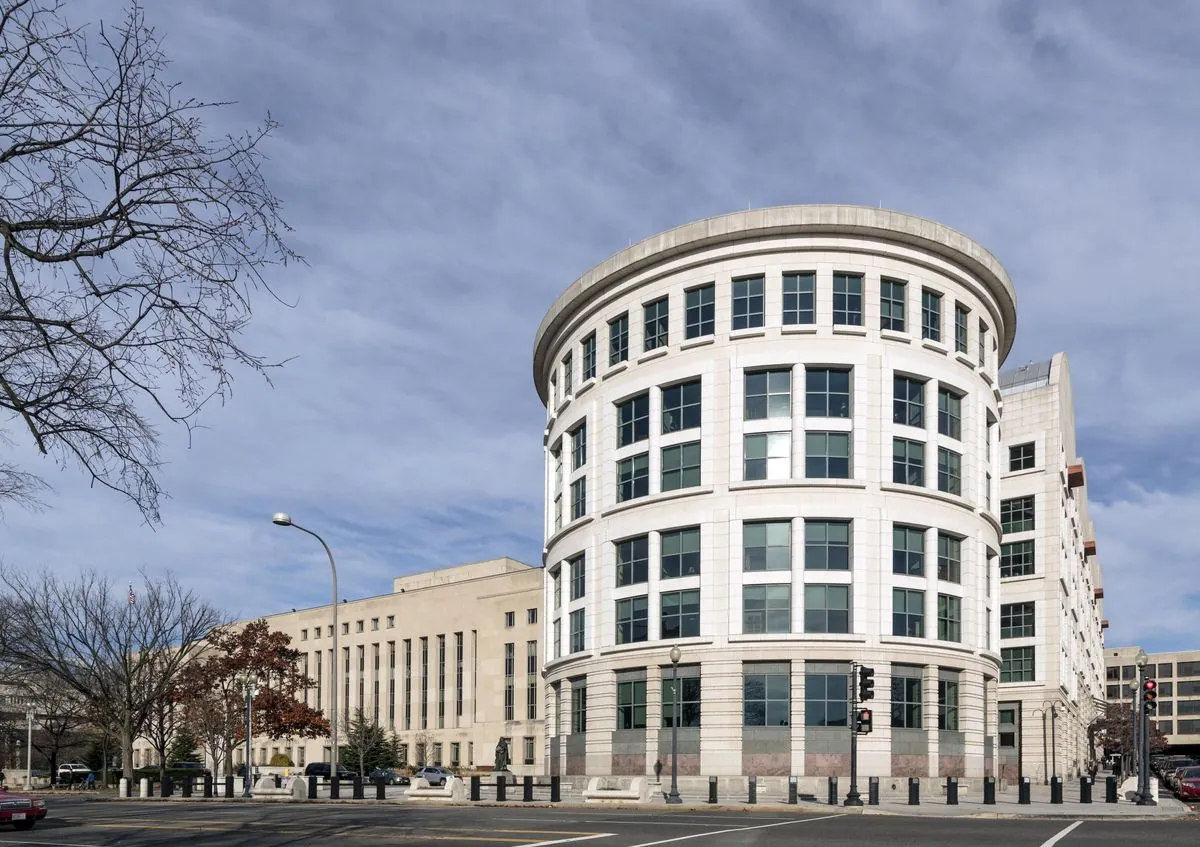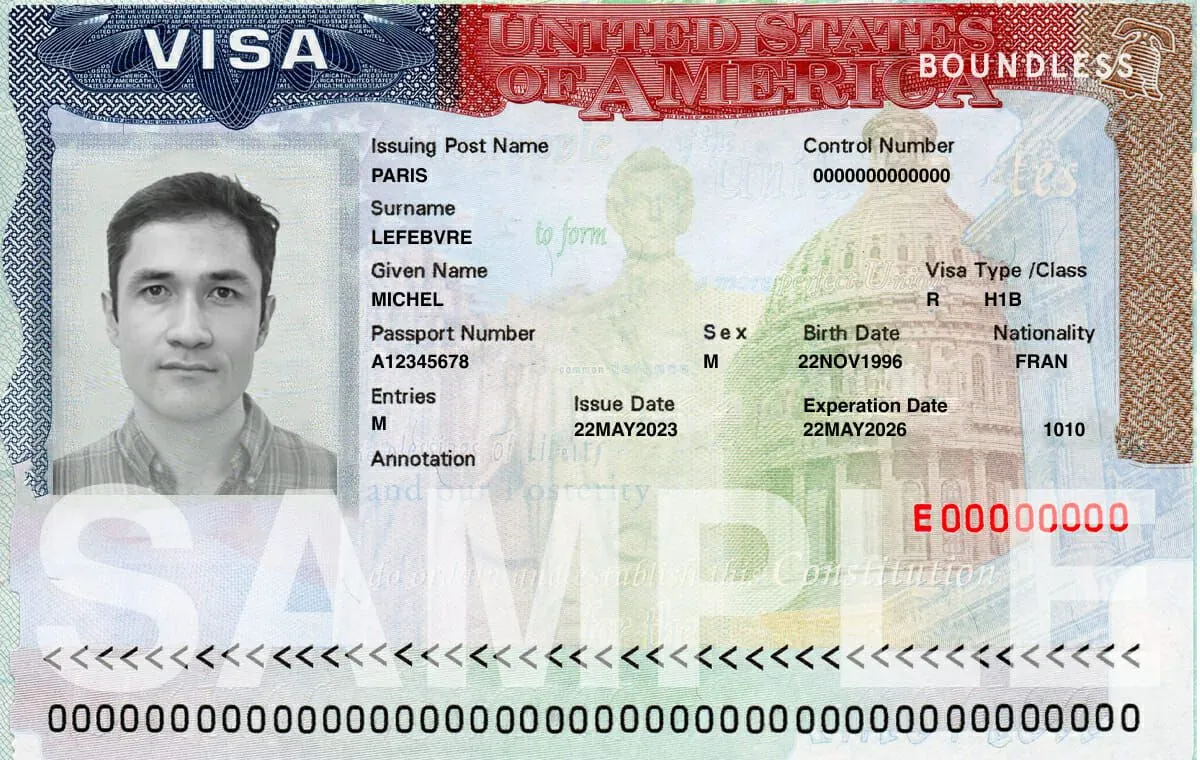U.S. Court Upholds Work Rights for H-1B Visa Holders' Spouses
A U.S. appeals court has rejected a challenge to a rule allowing spouses of H-1B visa holders to work, citing broad federal powers. The decision maintains a policy supported by major tech companies.

A U.S. appeals court has upheld a rule permitting spouses of H-1B visa holders to work in the United States. The decision, made on August 2, 2024, maintains a policy implemented in 2015 during the Obama administration.
The U.S. Court of Appeals for the District of Columbia Circuit rejected a challenge to the rule, stating that federal immigration law grants the Department of Homeland Security extensive authority to regulate visa conditions. This ruling affirms a lower court's dismissal of a lawsuit filed by Save Jobs USA in 2015.
Major technology companies, including Google, Amazon, and Microsoft, have supported the 2015 rule. These firms argue that allowing spouses of visa holders to work encourages H-1B workers to seek permanent residency, facilitating employee retention in highly skilled positions.

The H-1B visa program, created by the Immigration Act of 1990, allows U.S. companies to employ foreign professionals in specialized occupations. There is an annual cap of 65,000 H-1B visas, with an additional 20,000 for holders of U.S. advanced degrees.
The court's decision referenced a 2022 case where it rejected a challenge to a regulation allowing foreign students to work after graduation. The panel ruled that federal law clearly authorizes both regulations.
Notably, the court determined that the recent U.S. Supreme Court ruling in Loper Bright Enterprises v. Raimondo, which limited federal agencies' powers, did not impact this case. This Supreme Court decision, made in June 2024, eliminated the longstanding "Chevron deference" doctrine, which had required courts to defer to federal agencies' reasonable interpretations of ambiguous laws.
The D.C. Circuit, established in 1893, emphasized that while its 2022 decision cited Chevron as a secondary argument, it had independently found clear legal authorization for the challenged rules.
This ruling maintains a policy that has been significant for the U.S. tech industry and immigration system since 2015, preserving work rights for certain H-4 visa holders - spouses and unmarried children under 21 of H-1B visa holders.
"The 2022 decision was wrong and did not apply to our lawsuit because it was issued before the Supreme Court's June ruling."
The court's decision underscores the complex interplay between immigration policy, economic interests, and legal interpretations in the United States.


































